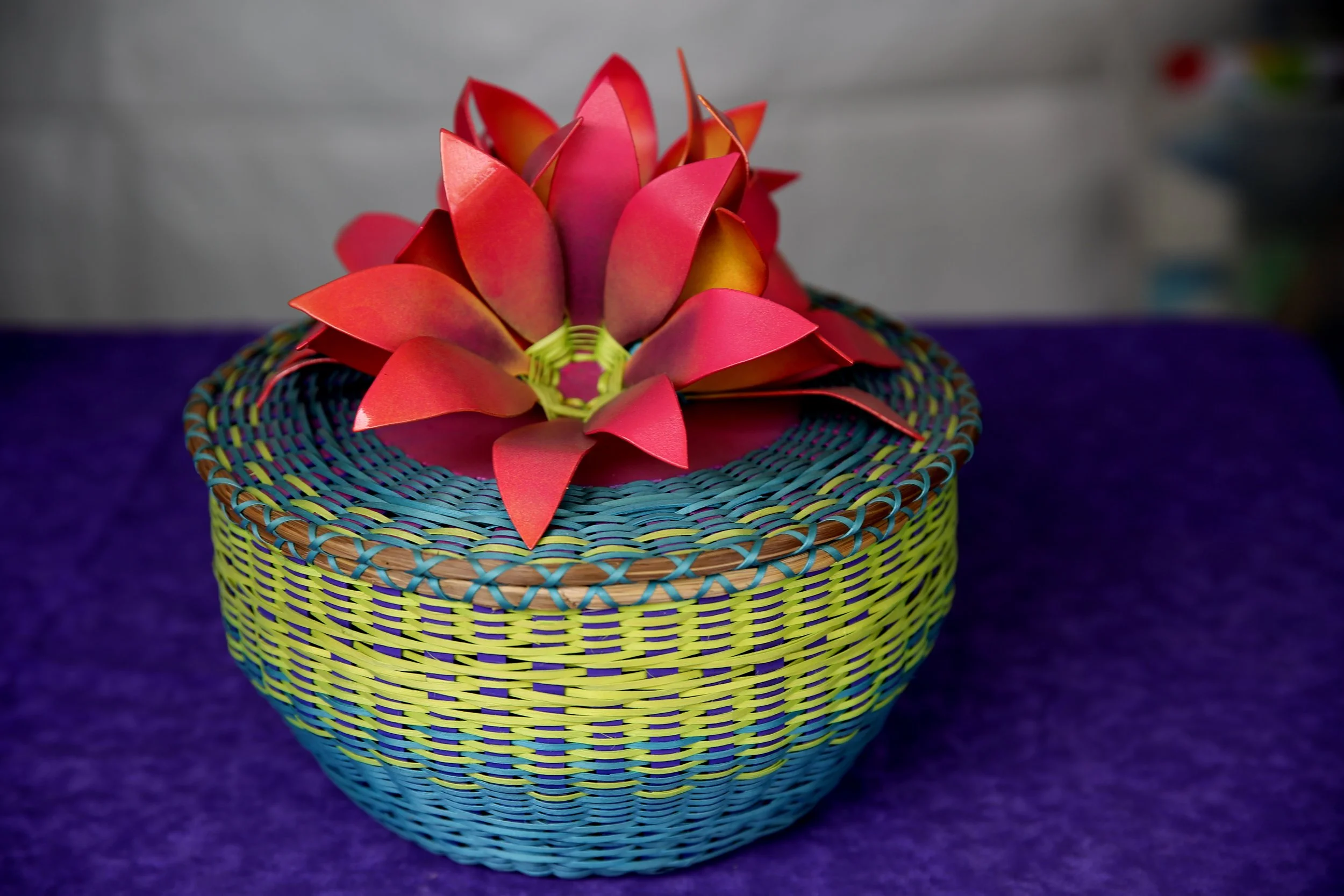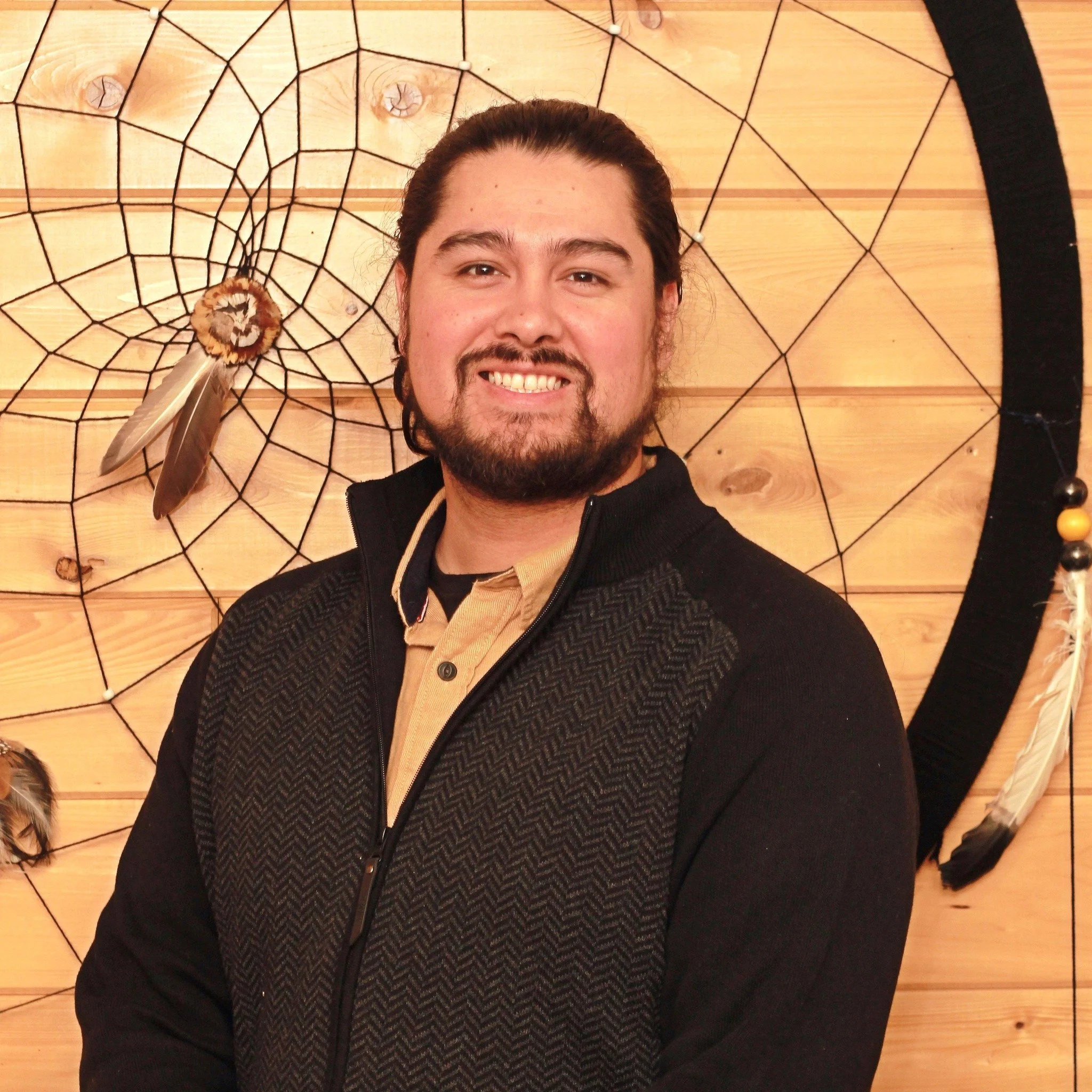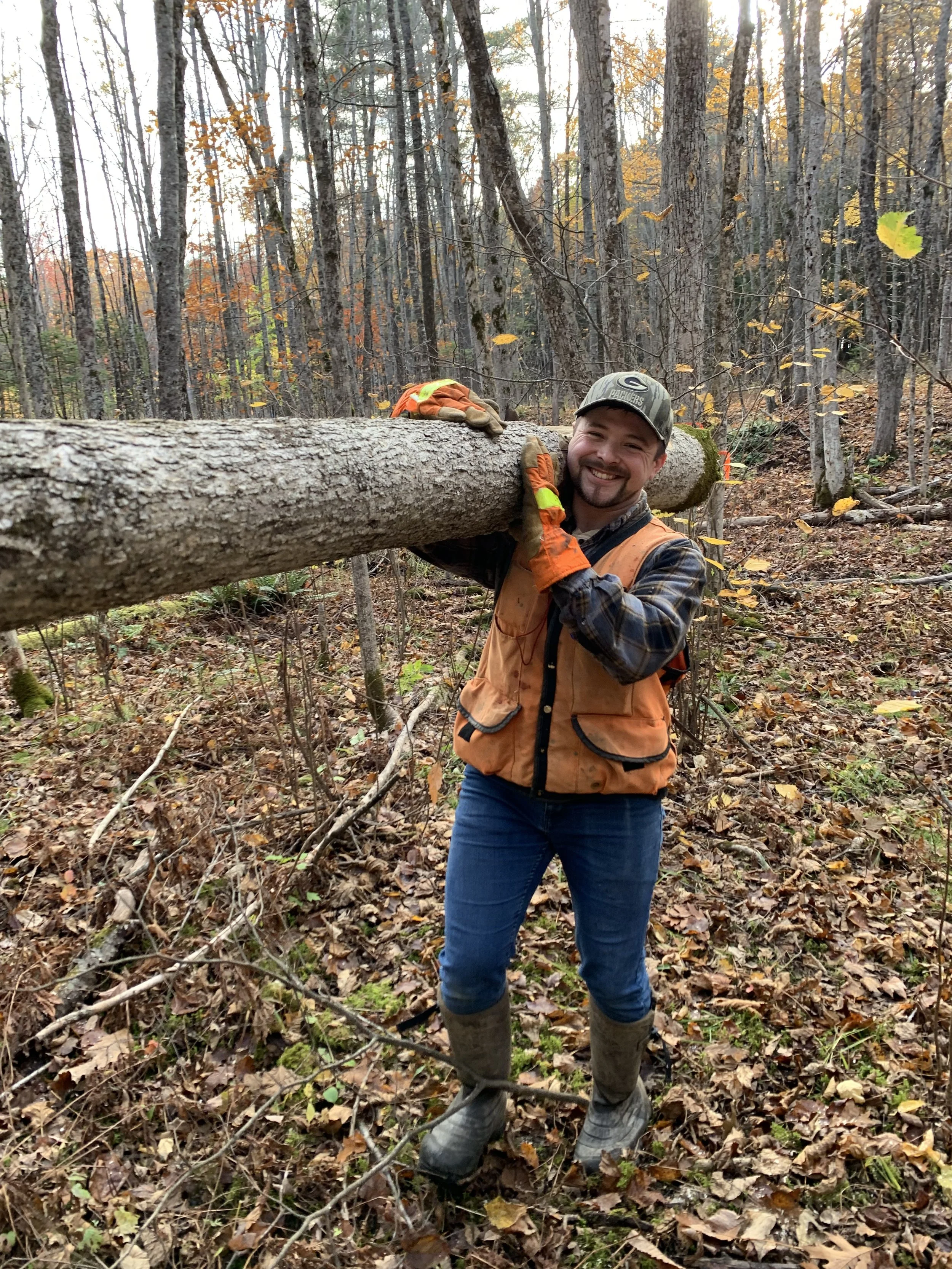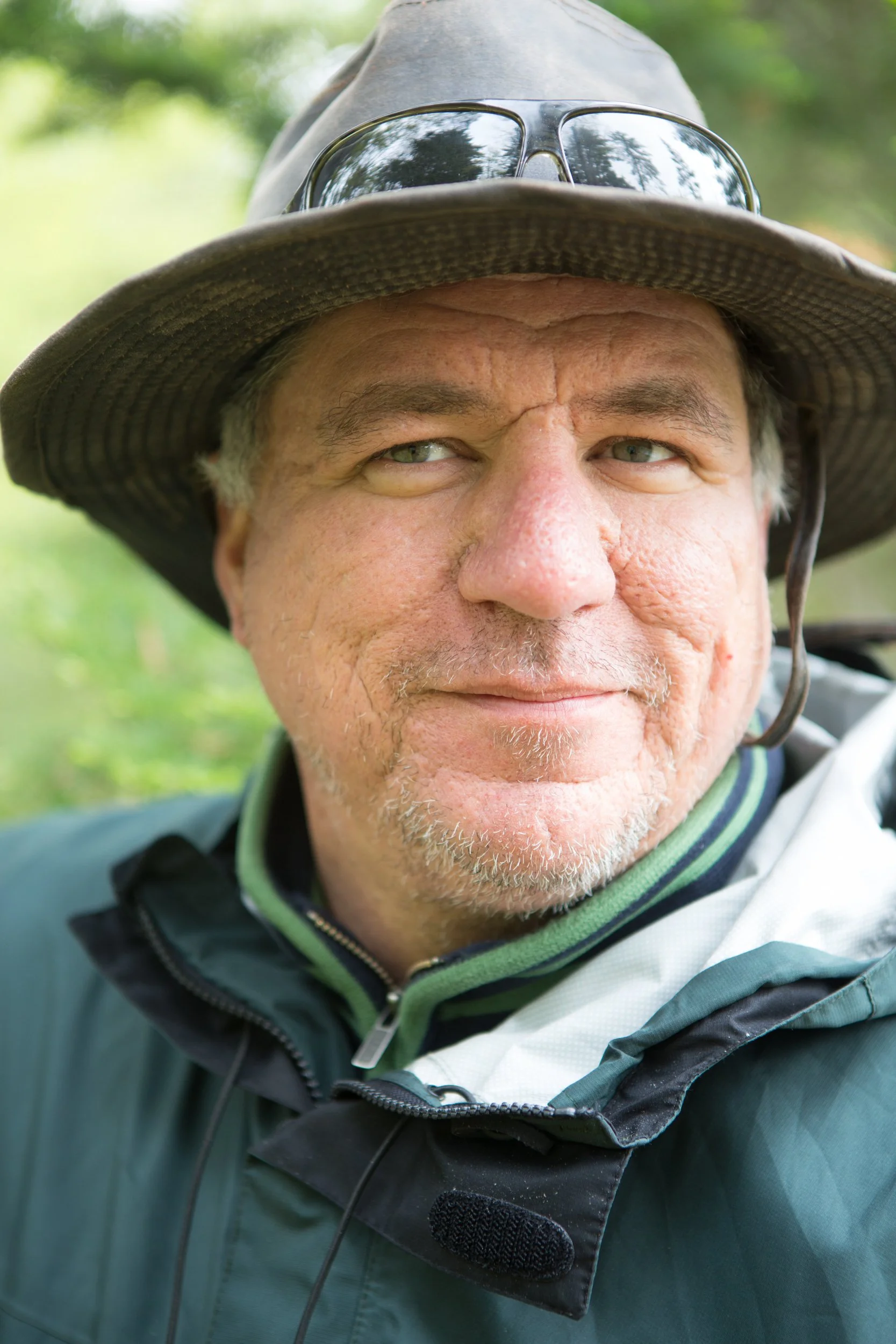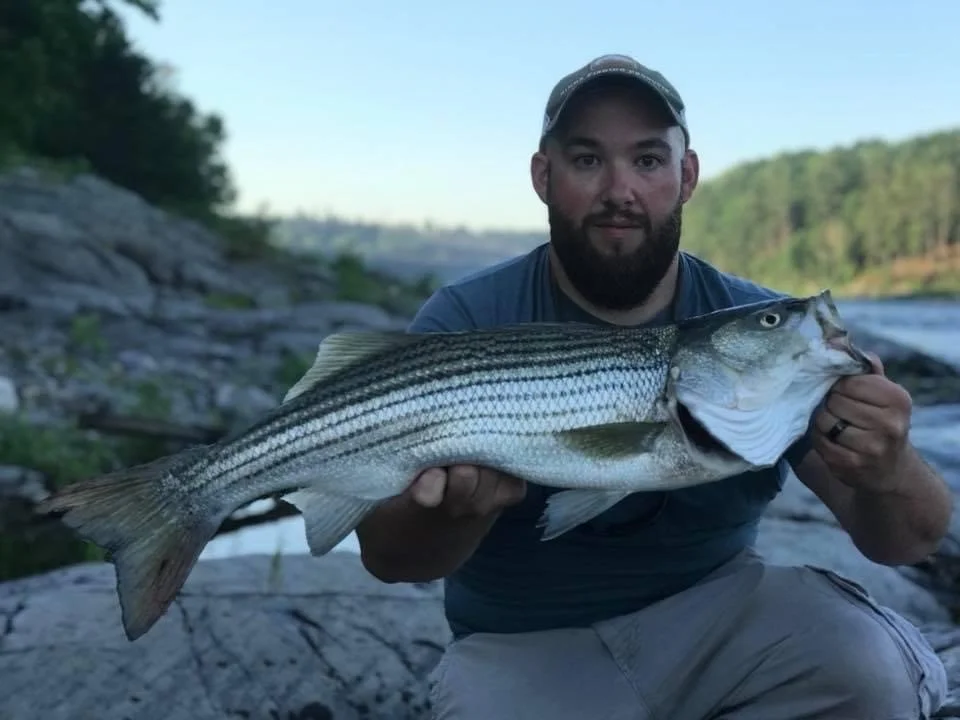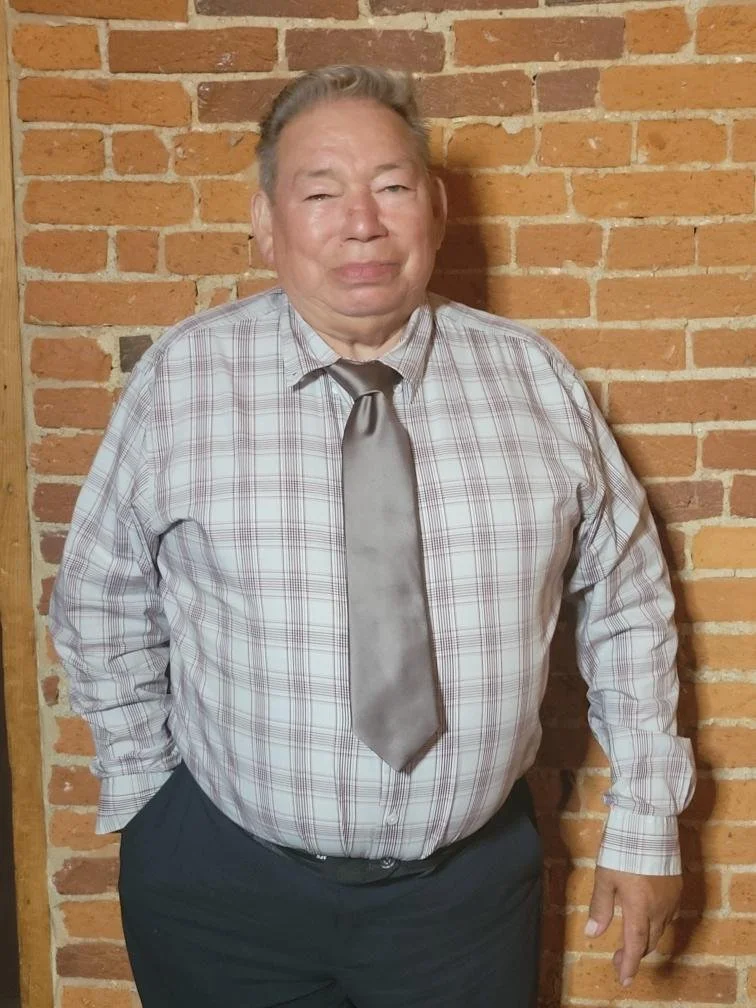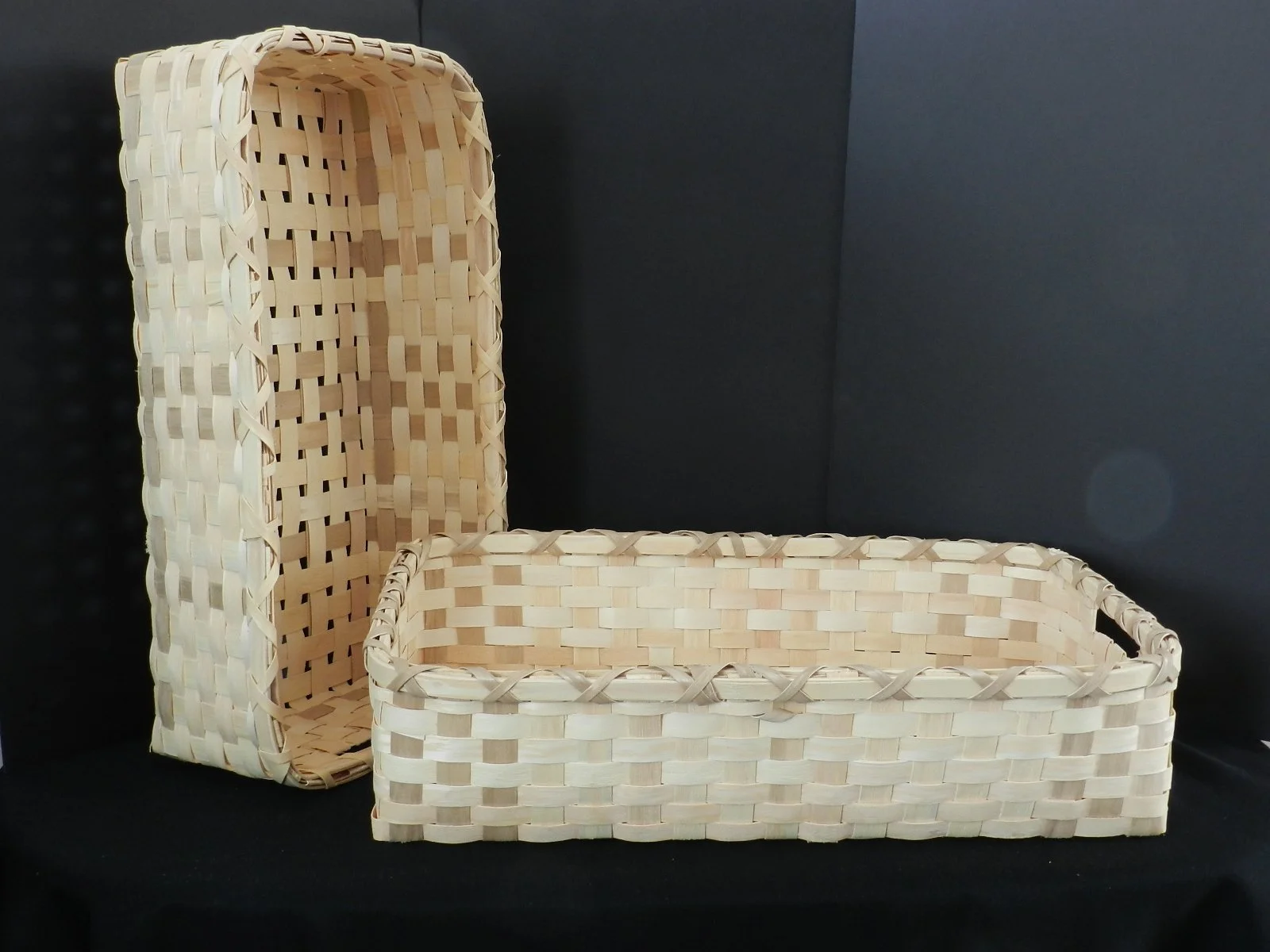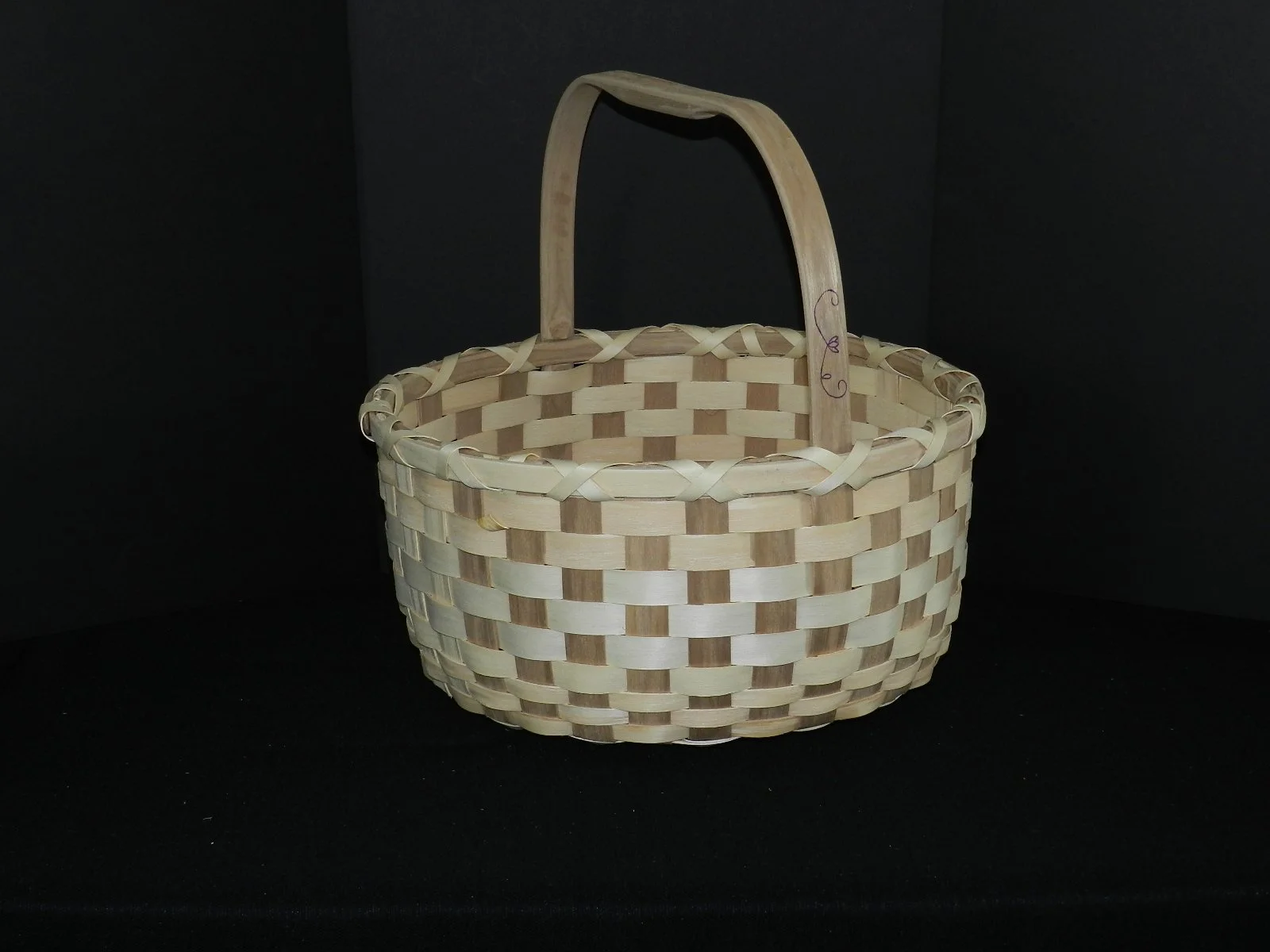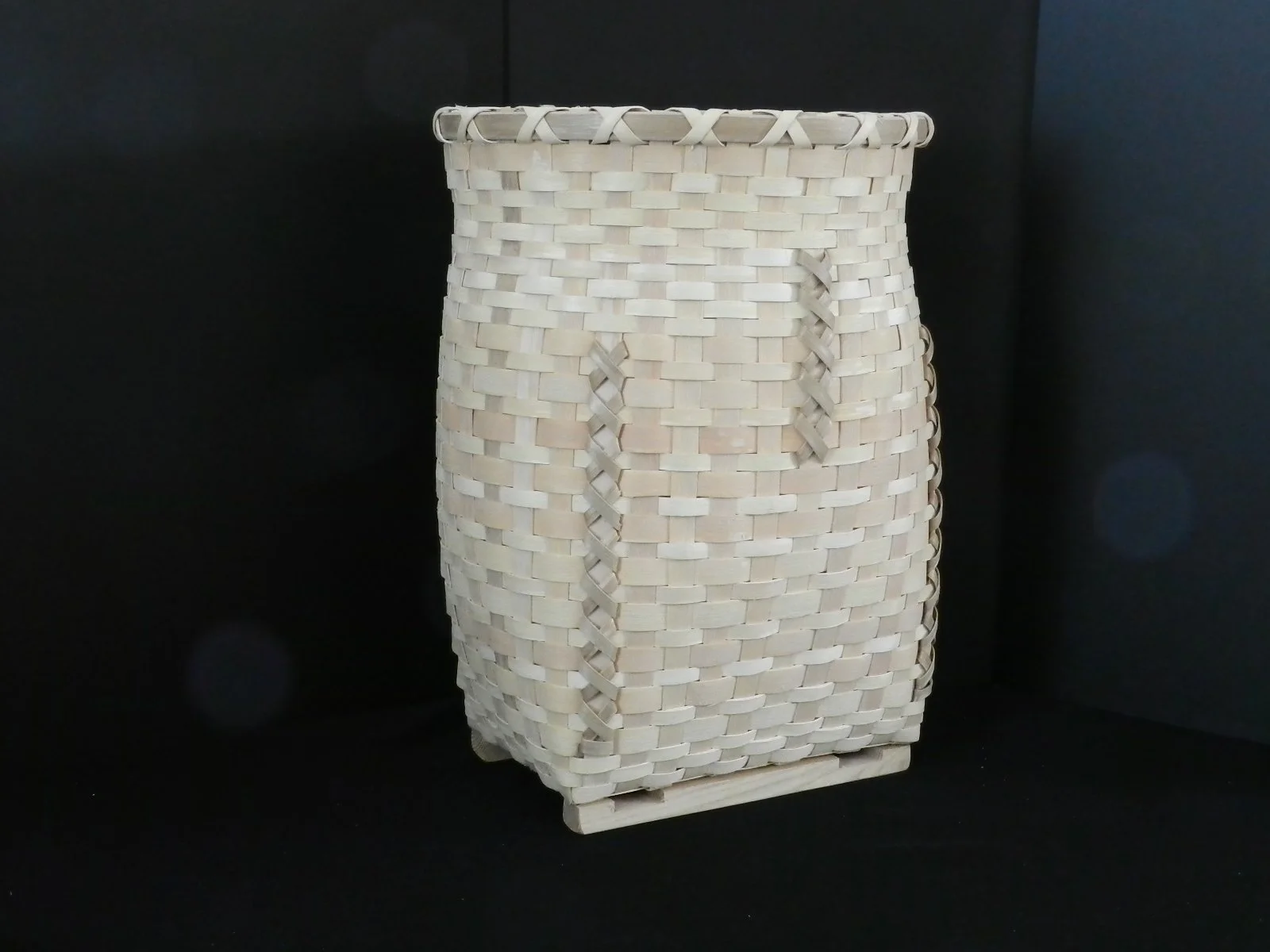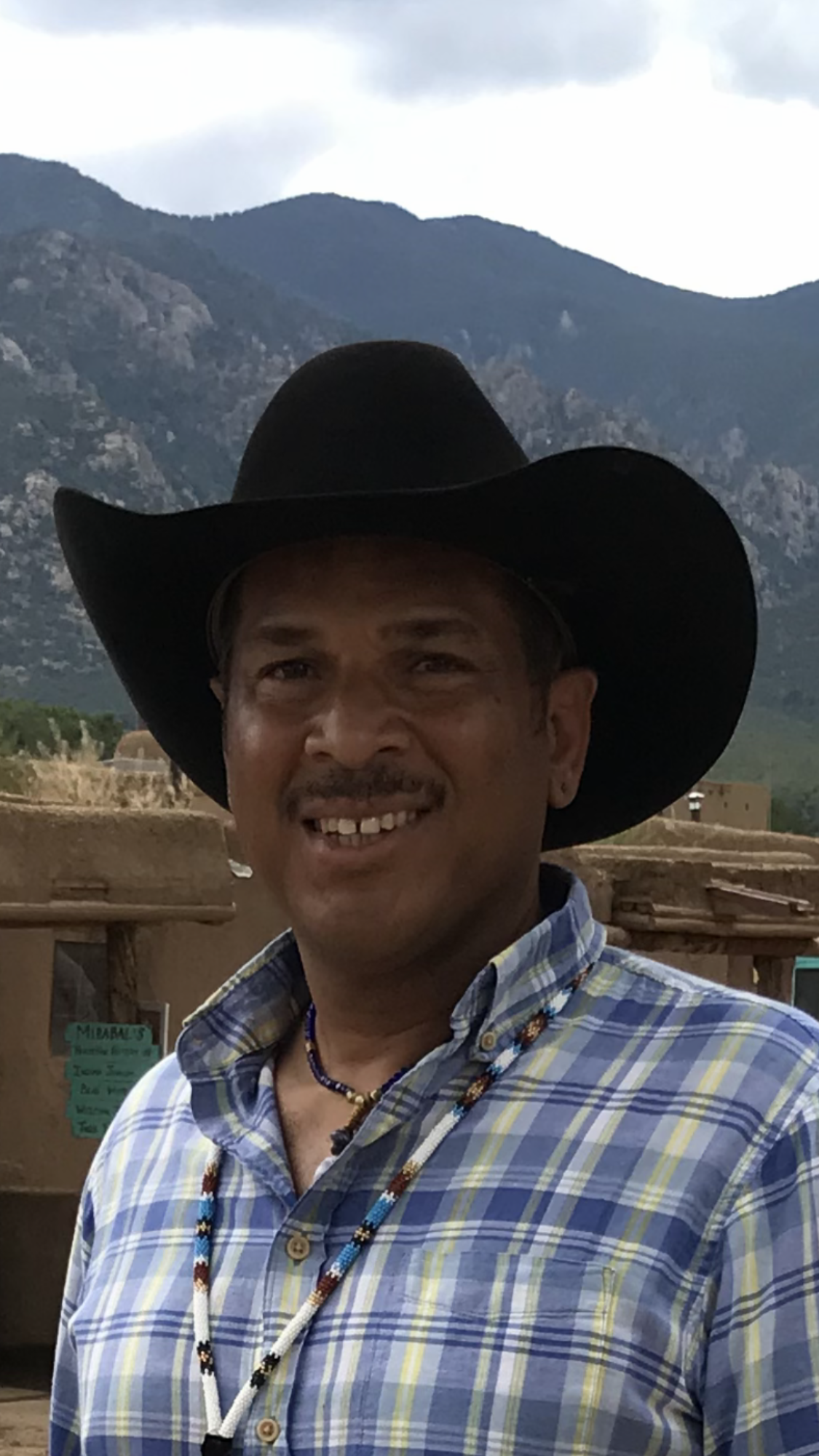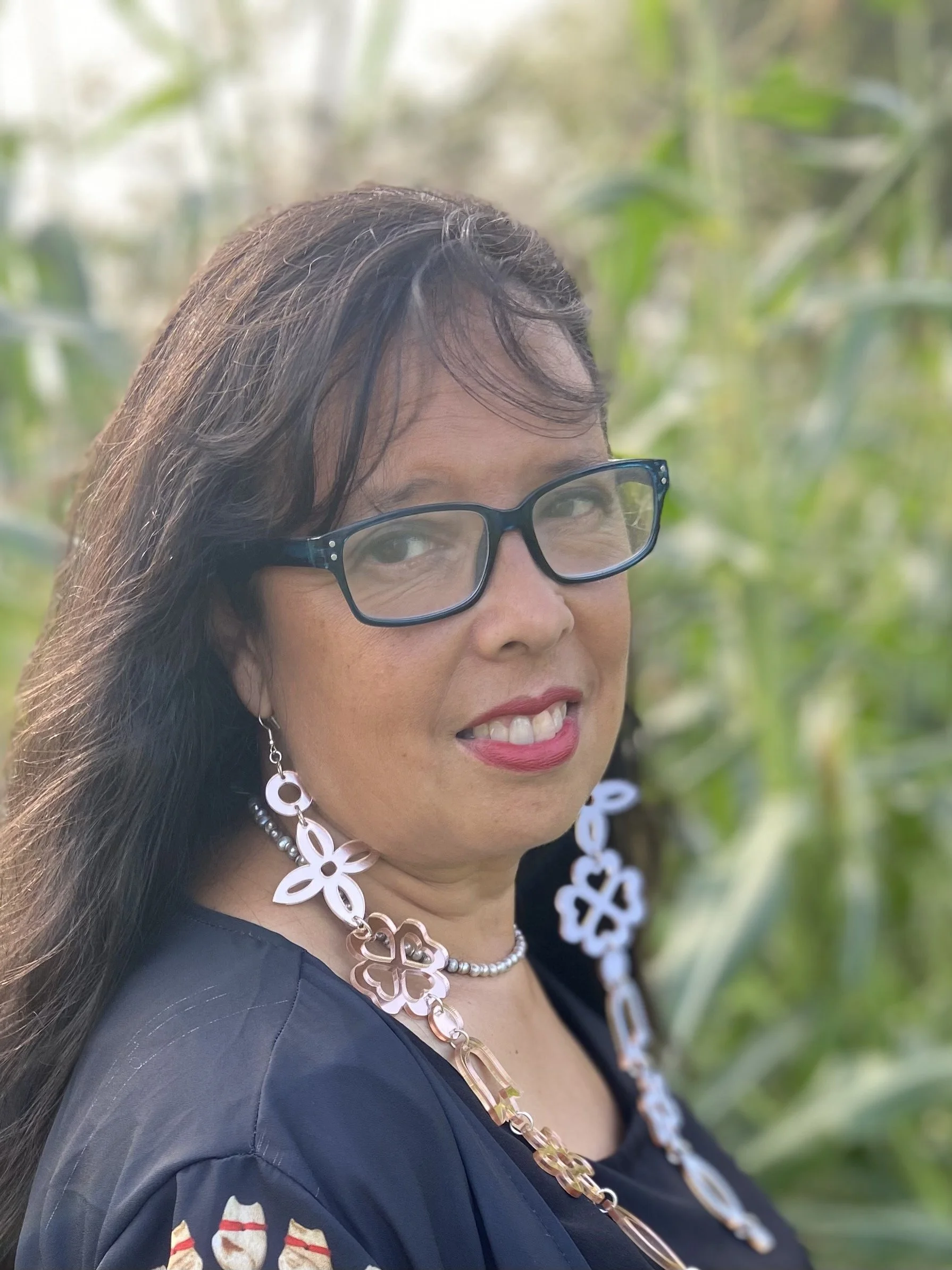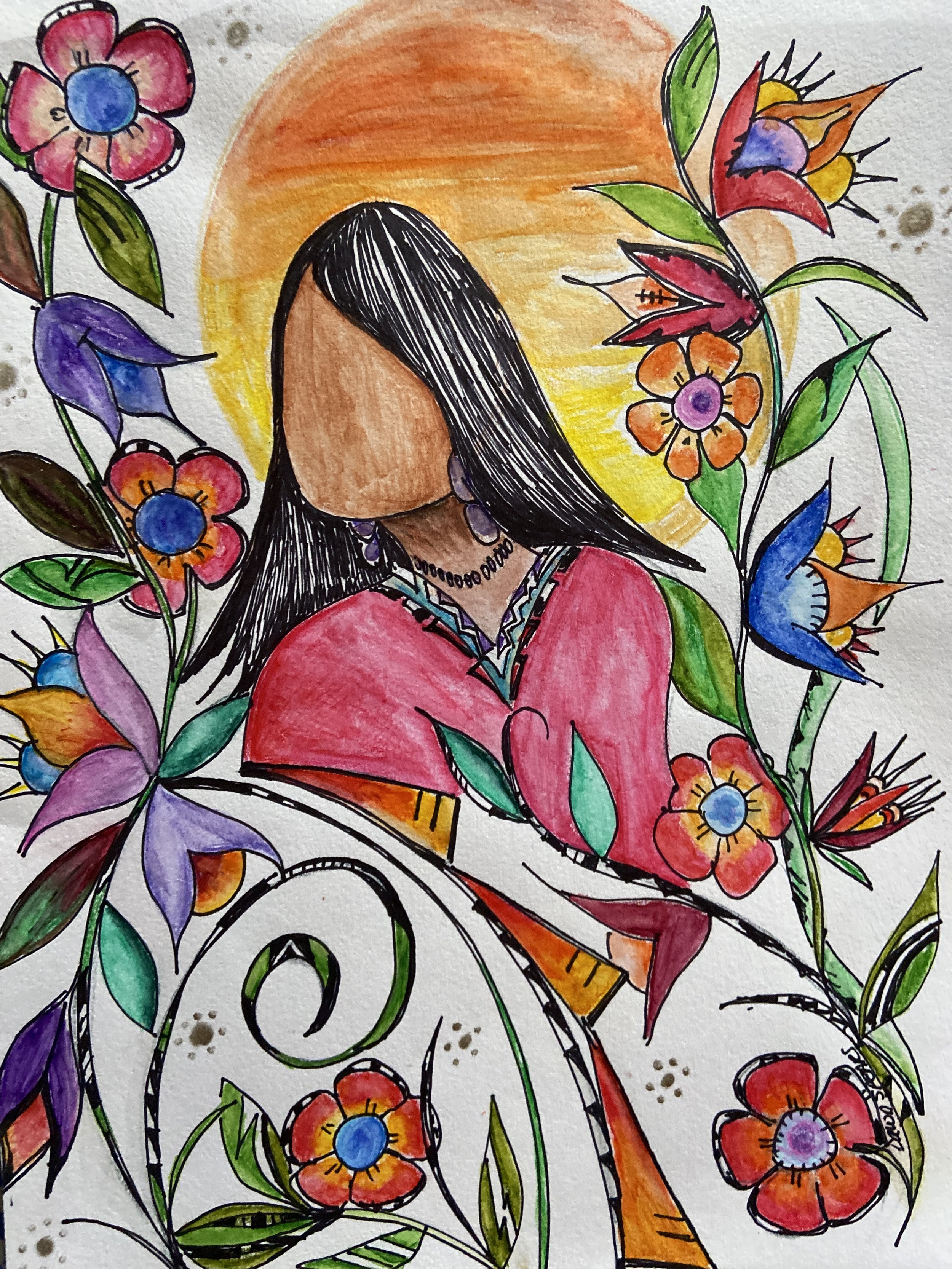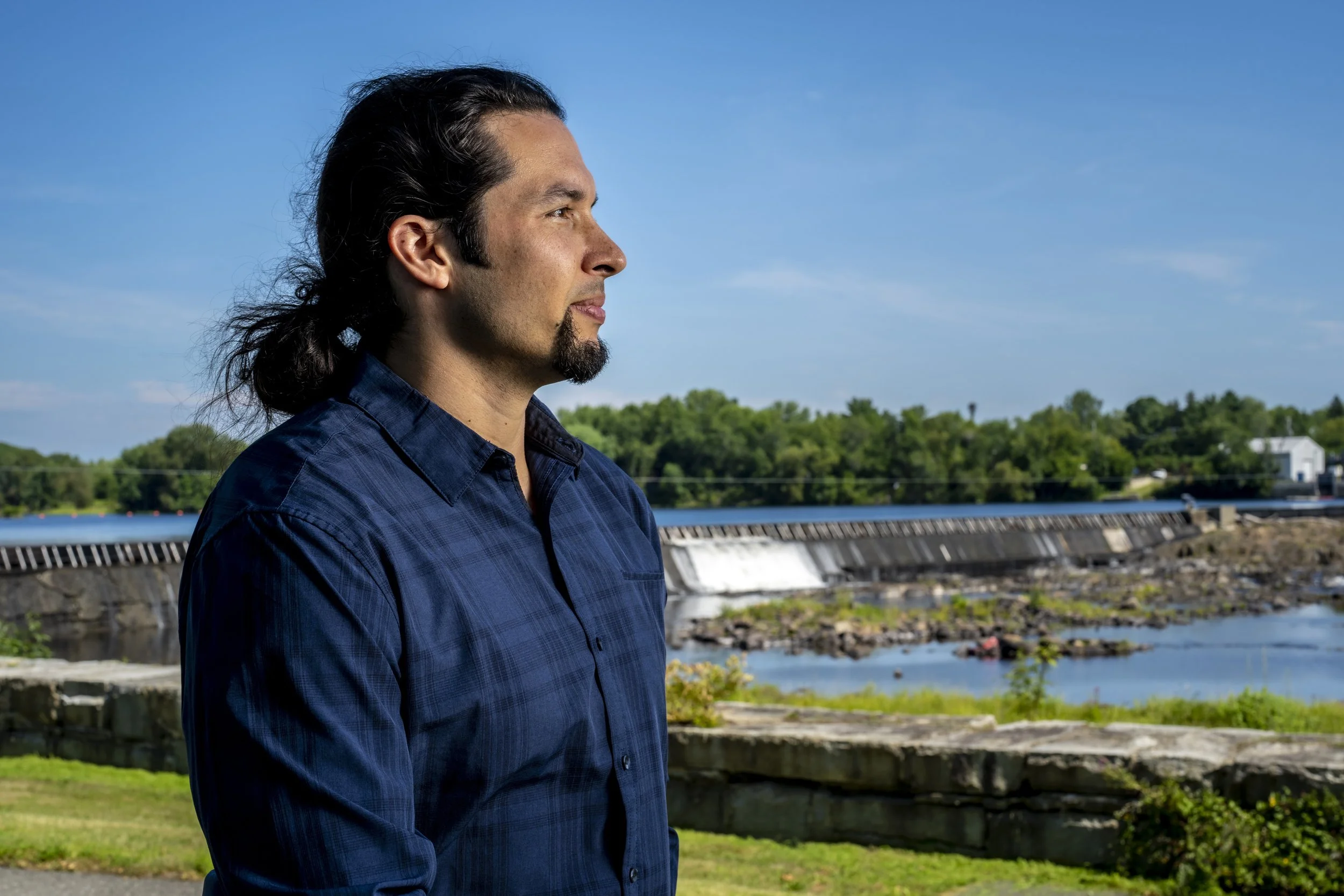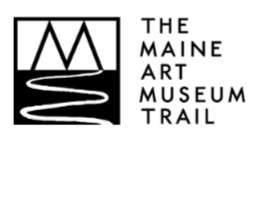Zeke Crofton-MacDonald
/TRIBAL AFFILIATION: Wolastoqey
PANEL: Centering Wabanaki Voices in America's 250th
BIOGRAPHY
Osihkiyol (Zeke) Crofton-Macdonald is a Wolastoqey person from the Houlton Band of Maliseets in Maine (Metaksonikewiyik) and the Oromocto First Nation (Welamukotuk) in New Brunswick, Canada. Zeke has spent his life advocating for Native rights in the United States and Canada. He is currently serving as the Tribal Ambassador for the Houlton Band of Maliseets in Maine. He serves as the President of the Wabanaki Alliance and as Tribal Commissioner for the Houlton Band on the Maine Indian Tribal State Commission (MITSC). Zeke graduated from the University of Maine in 2015 where he received a BA in History and attended graduate school at the University of New Brunswick to continue his work in History. He focused his graduate studies on Wabanaki Treaty History. Before assuming his duties as Ambassador, Zeke worked for the Welamukotuk First Nation in Resource Development Consultation, with the Wolastoqey Nation New Brunswick as a co-researcher documenting treaty hunting and harvesting rights, as a research associate at the Atlantic Canada Studies Centre at the University of New Brunswick, and worked for the Houlton Band of Maliseets with the Indian Child Welfare Act.

